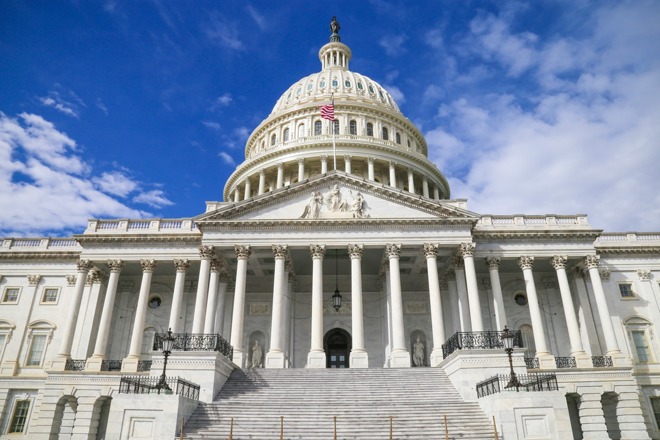A trio of Democratic Senators have unveiled a new bill dubbed the Safe Tech Act that would fundamentally change Section 230 and could make internet companies with any monetization at all liable for user-generated content.

Credit: WikiCommons
The proposed legislation, introduced by senators Mark Warner, Mazie Hirono, and Amy Klobuchar, makes several key changes to Section 230 of the Communications Decency Act, which currently shields internet companies from liability for user-posted content.
One of those changes is an alternation of the core language of Section 230 that could strip protections in situations where payments are involved -- whether the provider or user has accepted payment to make the speech available, or has funded the creation of the speech in any way, including ads served in the content. In a tweet, Sen. Warner said that online ads are "a key vector for all manner of frauds and scams."
It could also affect paid services and premium hosting platforms like Substack or Patreon, too. Under the current language of the proposal, companies could be held liable for harmful content if any ads from any provider are displayed, not just abusive ones.
The new legislation also opens the door for internet companies to be held liable in situations of cyberstalking, targeted harassment, and discrimination.
Specifically, the Safe Tech Act would create a carve-out that would allow individuals to file lawsuits against companies if the material they host can cause "irreparable harm." It would also allow lawsuits for human rights abuses overseas.
The legislation also won't impair the enforcement of civil rights, antitrust, talking, harassment, or intimidation laws.
"The SAFE TECH Act doesn't interfere with free speech - it's about allowing these platforms to finally be held accountable for harmful, often criminal behavior enabled by their platforms to which they have turned a blind eye for too long," said Sen. Warner in a tweet.
The SAFE TECH Act doesn't interfere with free speech - it's about allowing these platforms to finally be held accountable for harmful, often criminal behavior enabled by their platforms to which they have turned a blind eye for too long. (1/8)https://t.co/Q1bGydU44N
-- Mark Warner (@MarkWarner) February 5, 2021
There are already some criticisms of the legislation, including from Democratic Sen. Ron Wyden -- one of the original authors of Section 230.
"Unfortunately, as written, it would devastate every part of the open internet, and cause massive collateral damage to online speech," Sen. Wyden told TechCrunch. "Creating liability for all commercial relationships would cause web hosts, cloud storage providers and even paid email services to purge their networks of any controversial speech."
Section 230 has been a target of criticism from both Democrats and Republicans in recent years. Although both sides of the aisle have different goals in mind, Democratic and Republican lawmakers have both signaled that they would like to see the protections reformed.


